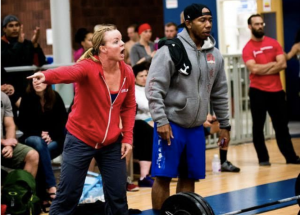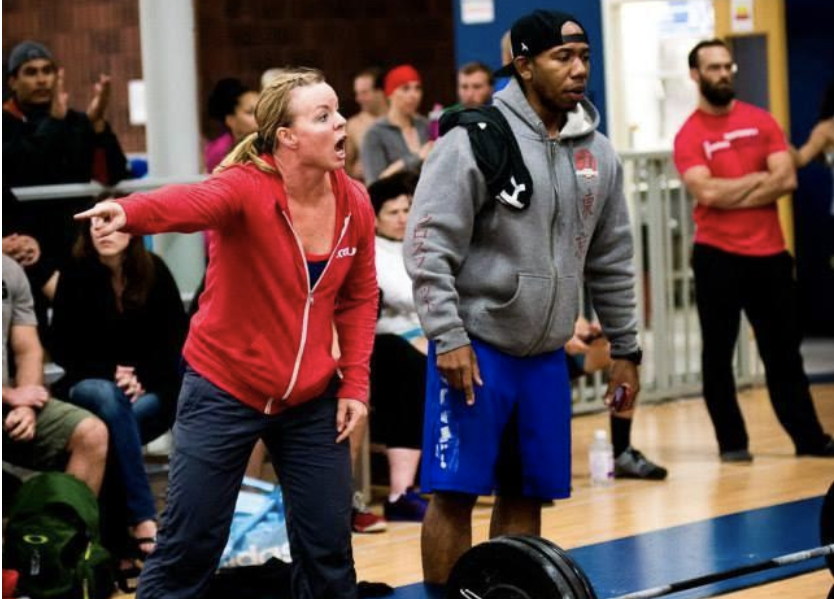“The victory of success is half won when one gains the habit of setting goals and achieving them. Even the most tedious chore will become endurable as you parade through each day convinced that every task, no matter how menial or boring, brings you closer to fulfilling your dreams.” – Og Mandino
Goodbye, 2017! Hello, 2018!! This is always the time of year we talk about setting goals.
Goal setting is a huge part of each individual person’s success in fitness (or anything in life for that matter). When goals are not set, what keeps you, the athlete, coming back day after day and putting in the hard work? The answer is nothing. In order to truly have success, you need to sit down and really think about short-term and long-term goals you want to set for yourself. Working toward something always fairs better commitment-wise than doing something for the sake of simply doing it.
Short-term vs. Long-term Goals
Short-term goals refer to something you want to achieve within a short period of time (less than 6 months). Long-term goals refer to something you want to achieve in the distant future (could mean years). I recommend having at least 2 short-term goals and a minimum of 1 long-term goal. As a goal is reached, replace that goal.
This can be looked at from two different perspectives: that of the athlete and that of the coach. As an athlete, you need to be honest with yourself and set realistic goals. Communication with your coach is essential. You must be willing to work hard if you want to reach the goals you have set. As a coach, being aware of your athlete’s goals allows you to help them work toward those goals.
[thrive_leads id=’8207′]
At the gym I used to manage, we had a “Goals” board (they still have it!) next to our “Results” board that I encouraged all of the athletes to write their goals on. They would write a goal for the month (short-term) as well as something they want to accomplish within 6-12 months (long-term). This makes you accountable to yourself and to each other. Really think about and write them down! It always helps to have accountability and having a visual reminder will continue to motivate you.

Why you should set clear goals
So, what are the benefits you might ask to setting goals?
- It gives you a sense of direction of how your training should look like. It is also beneficial to share these goals with your coach so they can mold your training in a way that gives you the best possible chance of reaching those goals.
- It provides you with the motivation you need to continue to return to the gym and work hard. Without a clear goal, it is easy to lose motivation.
- Writing your goals down on paper where they are visible to you makes you accountable to them.
- Set goals that are measurable and specific. For example, if you want to lose weight, give yourself short-term markers and long-term markers as ways to mark your progress. It can be disheartening to have a long-term goal of losing x amount of weight in a year without setting short-term goals for yourself to mark your improvement.
Now it’s your turn
Whether you are a recreational runner or a competitive CrossFit athlete, powerlifter, weightlifter, or arm wrestler (you get my point), setting goals will optimize your performance. If you are working toward something, you will be less likely to feel stagnant because you are shooting for something beyond what is happening right now.
After reading this article, I want you to sit down and have a nice long talk with yourself. Define short-term and long-term goals for 2018 that are achievable.
I promise you will be more likely to be successful in any area of your life if you take this approach.
Thanks for reading,
Crystal
